Application of science and technology in tea production and processing
Speaking at the ceremony, VKIST Director, Dr. Vu Duc Loi, emphasized: "The Institute's development orientation is to take enterprises as the center, focusing on supporting enterprises to improve their innovation capacity, and apply technology to production and business.
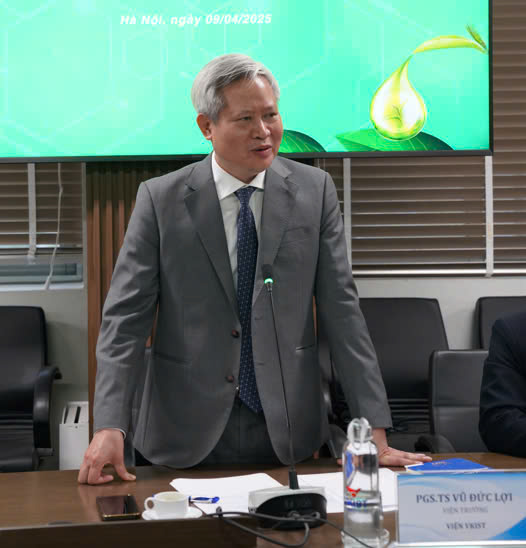
VKIST Director, Dr. Vu Duc Loi spoke at the Ceremony.
VKIST identifies tea plants as one of the strategic research subjects in the field of biotechnology. Through this cooperation project, we hope to contribute to the transfer of modern, fundamental technologies to create high value-added products from Thai Nguyen tea and promote the sustainable development of the Vietnamese tea industry."
According to Associate Professor, Dr. Phuong Thien Thuong - Deputy Director of VKIST, the cooperation projects will focus on researching the technological process of extracting and purifying the active ingredient Epigallocatechin Gallate (EGCG) from Thai Nguyen tea plants, aiming to apply it to industrial-scale production to serve domestic and export needs.
EGCG is a natural polyphenol found most abundantly in green tea leaves ( Cammelia sinensis ; 3-7%), much higher than in other species such as apples, plums, onions, chestnuts, hazelnuts... Due to the presence of many phenol groups, it has a very strong antioxidant effect, leading to good pharmacological effects such as preventing cardiovascular diseases, cancer, Alzheimer's, anti-inflammatory, wound healing, absorbing UV rays... and has been widely used in the pharmaceutical, food and cosmetic fields. The world 's annual demand for EGCG is estimated to reach over 5 billion USD by 2030.
Despite its many health benefits, EGCG is poorly absorbed orally or topically, meaning it has poor bioavailability because EGCG is unstable and very polar. To increase the bioavailability of this active ingredient, scientists will develop a nanoEGCG form for easier absorption, increasing the effectiveness of the active ingredient as a raw material for manufacturing consumer products.
Implement cooperation to enhance the economic value of Thai Nguyen tea trees
Within the framework of the program, a tripartite Memorandum of Understanding (MoU) was signed between VKIST Institute, Viet Bac L'Héritage Joint Stock Company and FiboLab Technology Investment Joint Stock Company with the goal of: "Cooperating in investment in refining and producing EGCG compounds, nano EGCG and high-tech products from tea plants in Thai Nguyen province on an industrial scale".
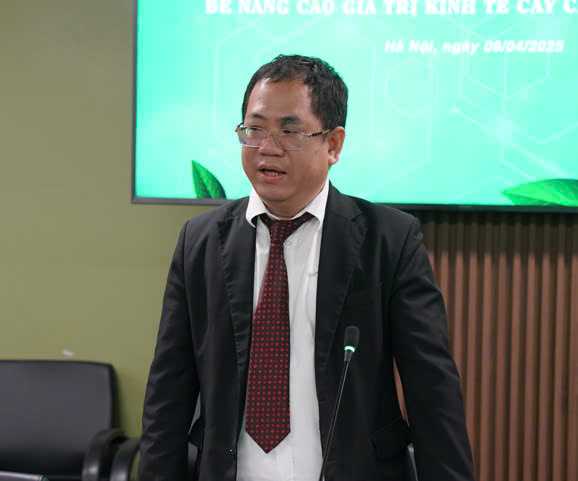
Mr. Hoang Quoc Viet, Chairman of the Board of Directors and General Director of FiboLabs Technology Investment Joint Stock Company spoke at the Ceremony.
"FiboLab is honored to accompany VKIST Institute in the journey of applying science and technology to agriculture, especially Thai Nguyen tea plants. We are committed to providing advanced solutions to optimize the process of extracting and purifying EGCG compounds, and preparing nano EGCG as raw materials for high-tech products serving public health from Thai Nguyen tea plants. This is not only a passionate project of the parties to spread the value of Vietnamese tea to the international market", Mr. Hoang Quoc Viet, Chairman of the Board of Directors and General Director of FiboLabs Technology Investment Joint Stock Company.
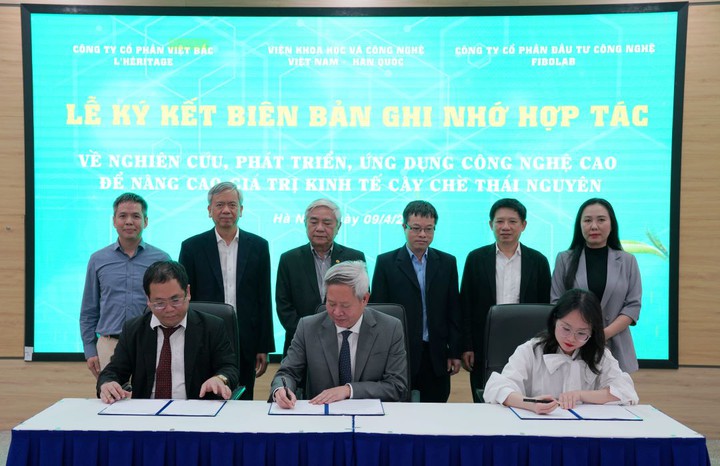
Signing of cooperation agreement between VKIST, FiboLabs and Viet Bac L'Héritage to find solutions to increase the economic value of Thai Nguyen tea plants.
According to the Memorandum of Understanding, VKIST and FiboLabs will jointly research and develop a process for extracting and purifying EGCG compounds and creating nanoEGCG. After completing the pilot-scale research, the results will be transferred to Viet Bac L'Héritage Company for application in the production of EGCG at the company's extraction plant in Thai Nguyen province.
Viet Bac L'Héritage said it will develop a distribution and business system to bring Vietnamese tea products to the market, not only domestically but also for export to international markets such as the United States, Japan, Korea, and the European Union.
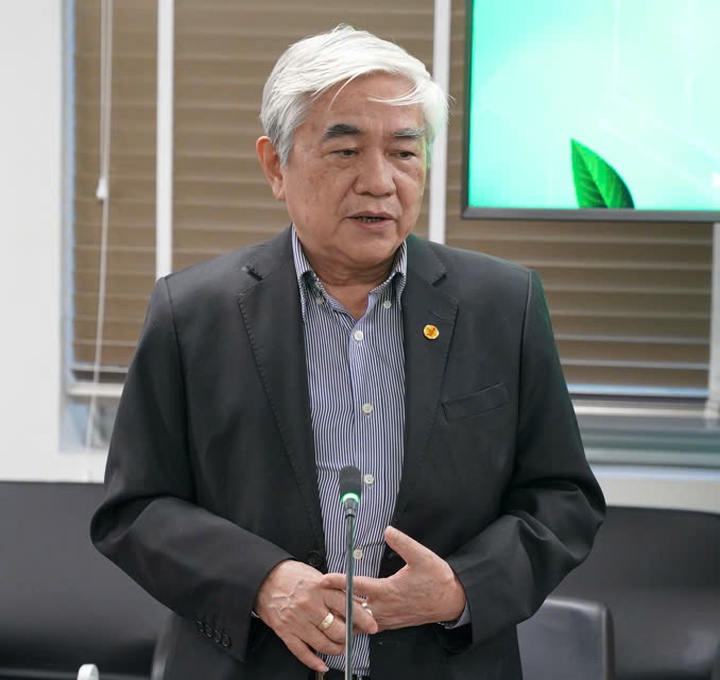
Former Minister of Science and Technology Nguyen Quan spoke at the ceremony.
At the signing ceremony, former Minister of Science and Technology Nguyen Quan assessed this cooperation as a good demonstration of efforts to commercialize research results from a public research organization to the private sector, especially in the context of Resolution 57 on breakthroughs in science, technology, innovation and national digital transformation recently.
Emphasizing the difficulties after research and development, Mr. Quan asked the leaders of Thai Nguyen province and the Ministry of Science and Technology to support the market introduction of these new tea-based products. If a relatively sustainable market for the products cannot be built, the results of research can easily be forgotten and not be promoted.
The tea industry contributes about 10-15% to the total GRDP of Thai Nguyen province, with product value reaching 12.3 trillion VND per year. The province currently has nearly 22,500 hectares of tea, with plans to expand to 23,500 hectares by 2025.
If calculated for the whole of Vietnam, the value of the tea economy is estimated at over 500 million USD, of which about half is exported. However, a large amount of waste such as old tea leaves and broken tea must be discarded every year, up to tens of thousands of tons, while they contain a very large amount of EGCG.
"We hope that this cooperation will increase the value of Thai Nguyen tea trees, increasing income for Thai Nguyen tea growers in particular and Vietnam in general," said Associate Professor, Dr. Phuong Thien Thuong./.
Source: https://mst.gov.vn/vkist-ky-ket-hop-tac-nang-cao-gia-tri-kinh-te-cay-che-thai-nguyen-197250414082259623.htm







![[Photo] Prime Minister Pham Minh Chinh chairs a meeting on the implementation of the Lao Cai-Hanoi-Hai Phong railway project.](https://vphoto.vietnam.vn/thumb/1200x675/vietnam/resource/IMAGE/2025/5/20/0fa4c9864f63456ebc0eb504c09c7e26)
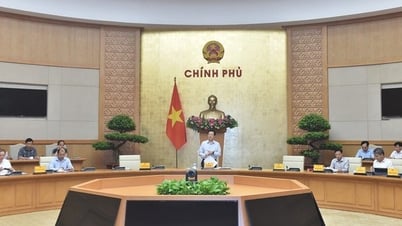

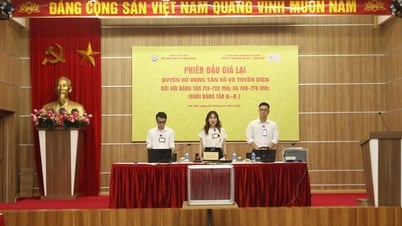
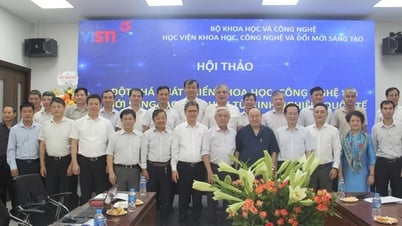
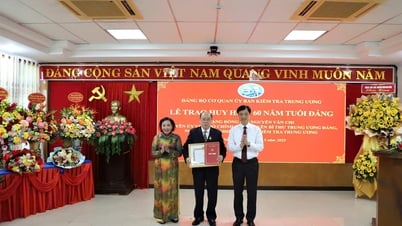


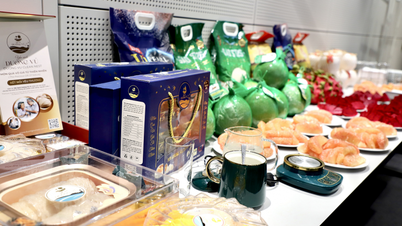










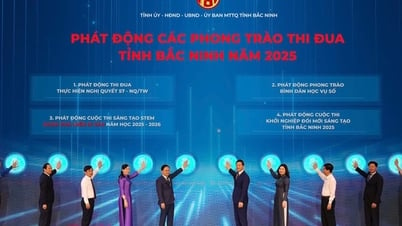






















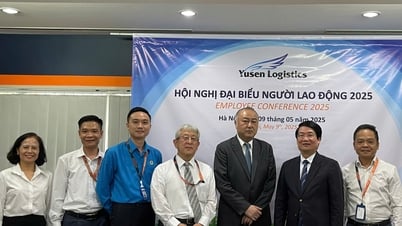









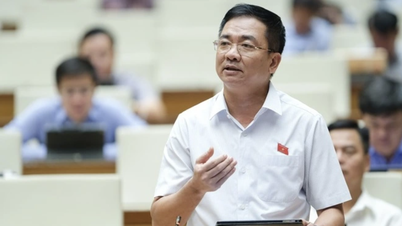


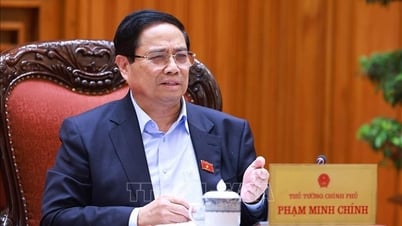




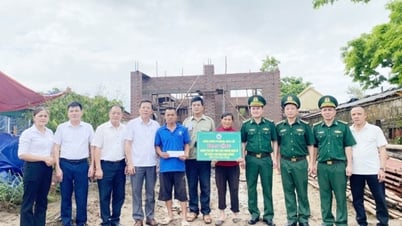


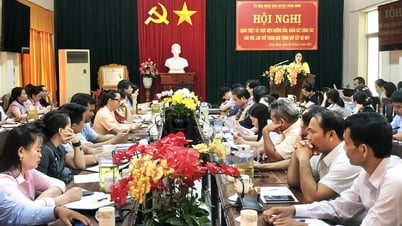

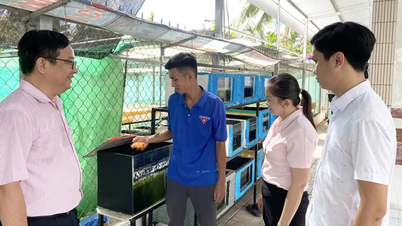















Comment (0)